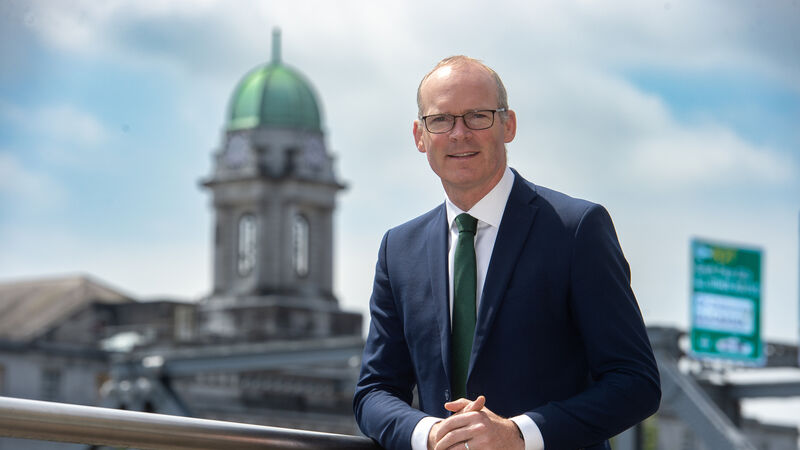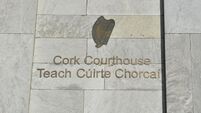'I'm as motivated as I've ever been': Simon Coveney firmly focused on next general election

Simon Coveney has spent exactly half of his 50 years in politics, and he is not going anywhere.
The Fine Gael TD may have moved to a home outside his own constituency boundary for "family reasons" but he is "loyal" to those he serves in Cork South Central.














